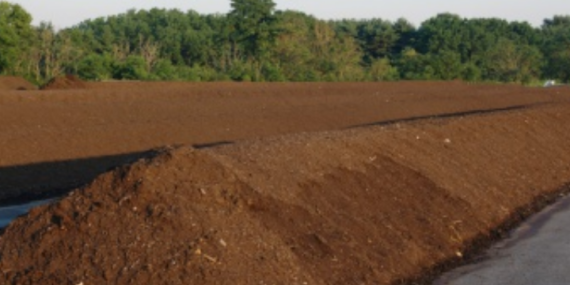Water erosion is a natural process in which soil is washed away by running water. It can be relatively minor such as when topsoil is shifted around by rainfall, or it can literally reshape a landscape and cause flooding and landslides. This can cause a lot of problems for agriculture, but there are things that can be done to prevent at least some of the effects of water erosion.
Planting Vegetation
The simplest yet most effective method of water erosion control is to plant more vegetation. Trees and other larger plants will take too long to grow, but grass and other fast-growing vegetation can provide emergency cover when it is planted on relatively flat land. Dense grass that prevents water flow and perennials that have adapted to the region’s soil will be the most effective.
Laying Down Mulch
Laying down mulch has always been great for growing crops and other vegetation, but it can also be used to counteract the effects of water erosion. It can provide more protection than vegetation, especially in areas where proper canopy cover hasn’t been able to grow. Wood chips, straw, compost and even sawdust will all work well as mulch as long as it is spread evenly across the soil.
Terracing
Terracing is the practice of tilling the soil to form embankments or ridges that intercept runoff, thereby slowing down the erosion process. It can be used to either reduce the steepness of a hillside or to retain surface water that would otherwise run off of sloping land.
Contouring
Contouring refers to the tilling of soil and planting of crops on roughly the same elevation. It works best on relatively flat land, but when used effectively it can slow or stop the flow of water from higher elevations. The effectiveness of this technique varies from one region to the next, but in general it is a great way to reduce erosion and improve soil moisture.
Strip Cropping
Strip cropping is often used in conjunction with contouring to control water flow and prevent soil erosion. The technique involves planting alternating strips of row crops and conserving sods that trap running water and shifting soil. The crops effectively form a natural dam that slows water flow while benefitting from the added soil moisture that it brings.
Rocky Mountain Compost is here to help if you prevent water erosion, please give us a call today!





